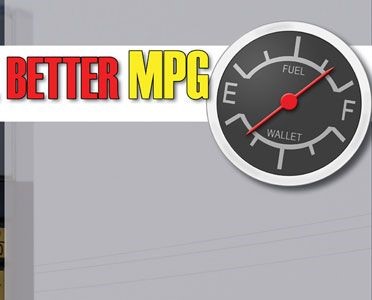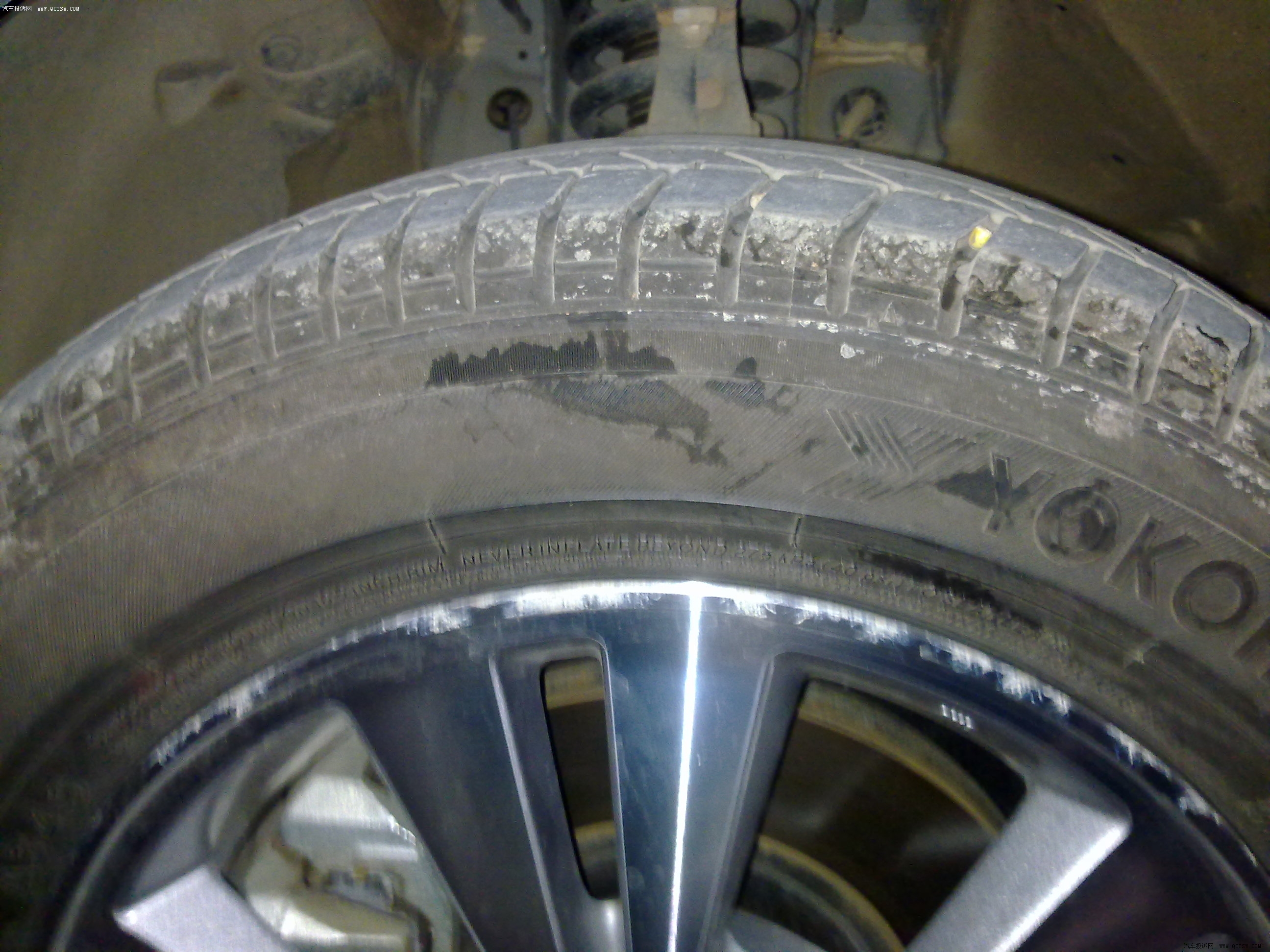Nitrogen tire inflation can be expensive and high maintenance, but increase gas mileage and tire life, among other advantages.
Nitrogen tire inflation is becoming common practice. Using nitrogen rather than air has advantages and disadvantages. This is not a new idea. The United States military, airplanes and Nascar have all been using this technology for years. The idea is just new to consumers. What are the advantages and disadvantages to nitrogen for tire inflation?

Advantages

Better MPG
Nitrogen filled tires bleed pressure slower than compressed air. Properly maintained tire pressure is essential for tire wear and gas mileage. A low tire does not always look under-inflated
Longer Tire life
A properly inflated tire wears slower. If a nitrogen filled tire does not lose pressure as quickly you can expect longer tire life.

Oxidation is blocked
Oxygen causes oxidation. Oxidation can make rubber brittle, increasing the chance of a blow-out. Nitrogen in the tire blocks the oxidation of the internal rubber

Nitrogen is a green alternative
Nitrogen has the potential of being greener for the world. As nitrogen-filled tires maintain proper pressure, achieving better gas mileage, reduced emissions and longer tire life, the demand for tires could decrease. This means fewer manufactured tires, decreasing the use for natural resources. Also, manufacturers would decrease shipments of tires, which of course helps the environment
Disadvantages
Maintenance is more important
If routine tire maintenance is performed, you can expect the same advantages with a compressed-air tire. The reality is that gas mileage and tire wear are spared when a tire is properly inflated. If a nitrogen filled tire is not properly inflated, you’ll get the same loss of gas mileage and tire wear. The claim that the tire could reduce the demand for tires depends solely on the vehicle owner, not the tires. If a driver does not perform routine tire maintenance, with or without the nitrogen, the tires will not wear evenly

Nitrogen is expensive
There is a suitable reason why the FAA requires nitrogen in commercial airplanes, and the United States military uses nitrogen. Weight is a factor and the weight of these commercial sized vehicles benefit from nitrogen. The claim that a passenger vehicle needs the added expense might not be as founded. Nitrogen-filled tires usually cost about $5 or more per tire





